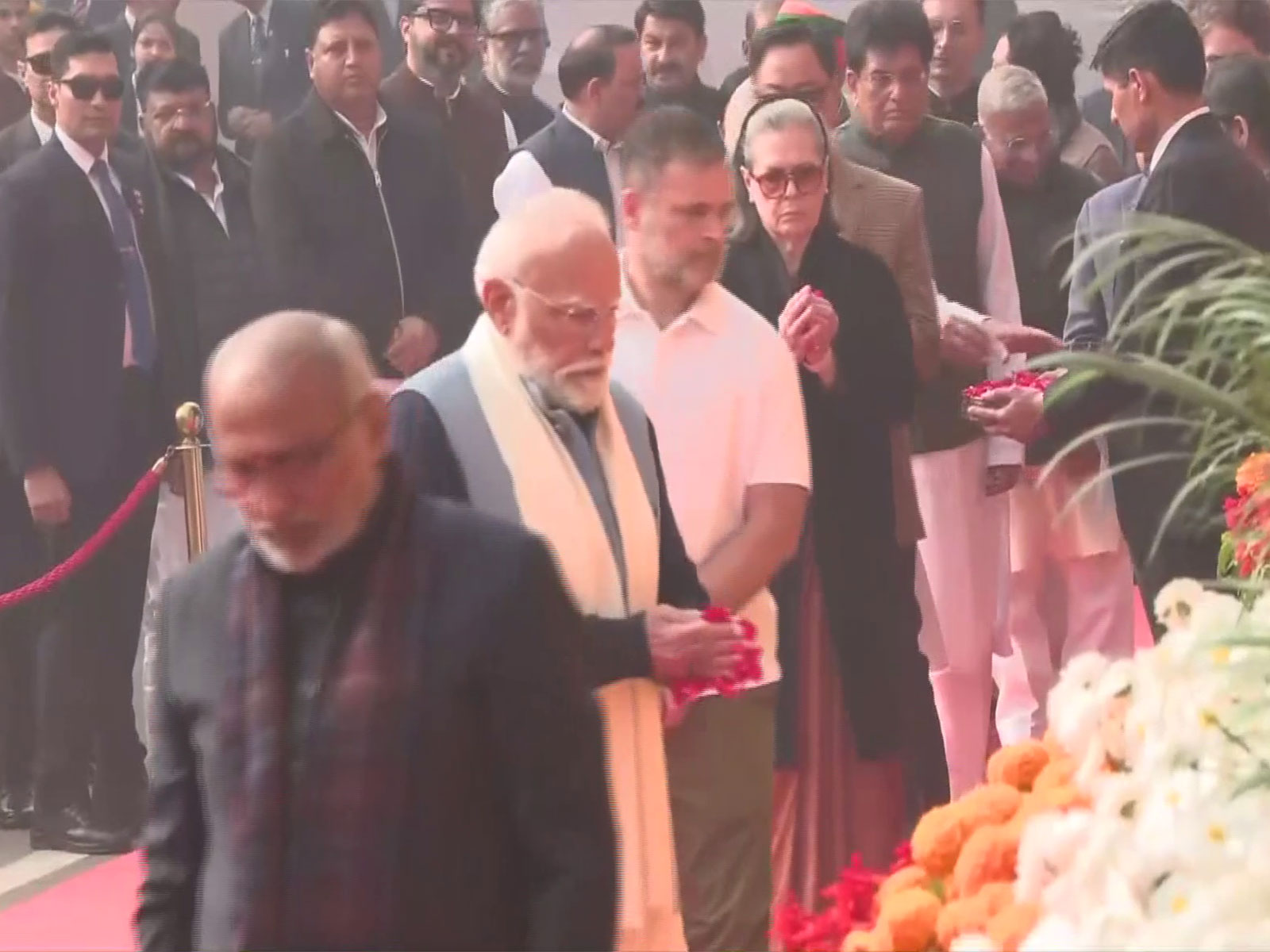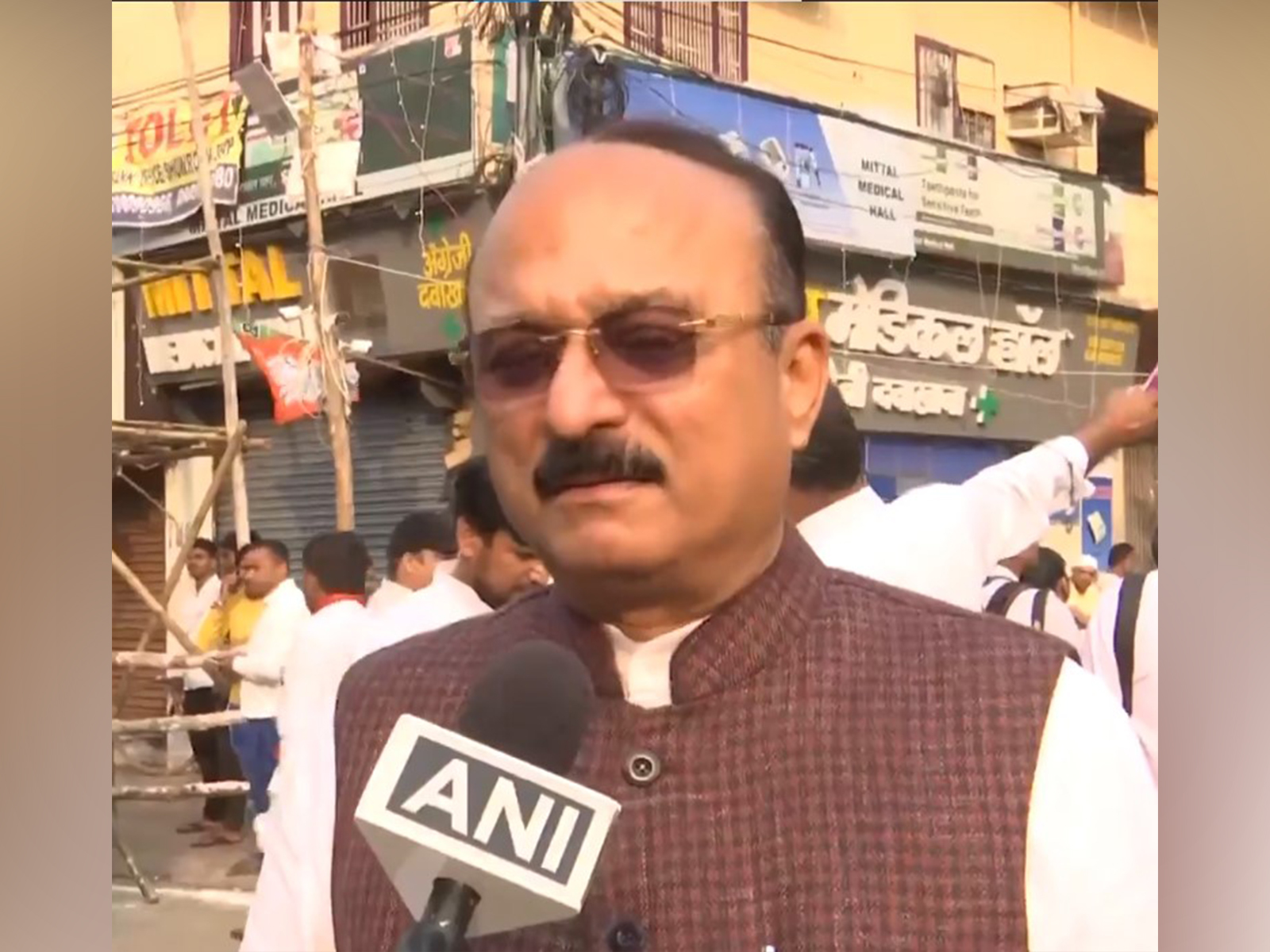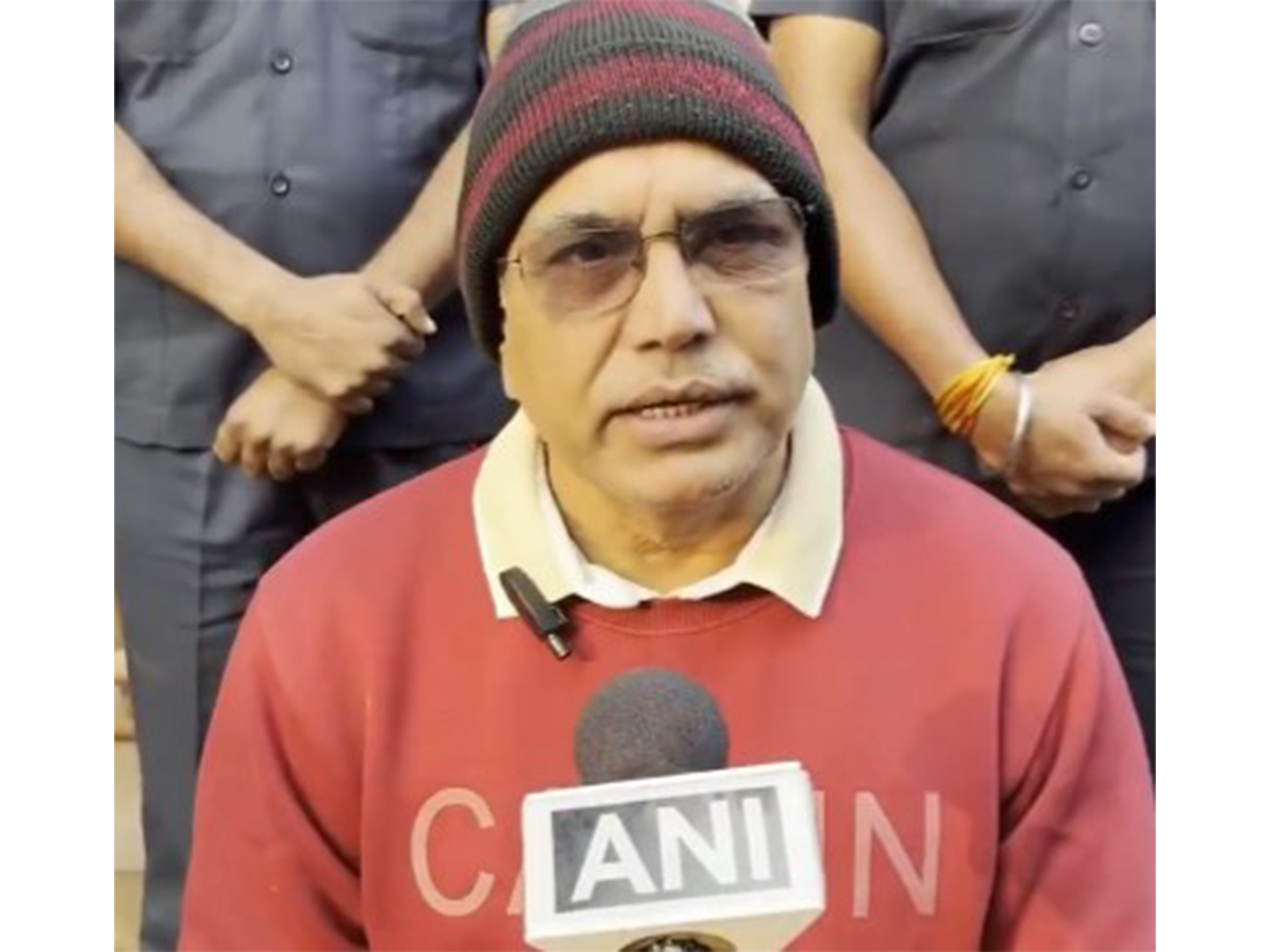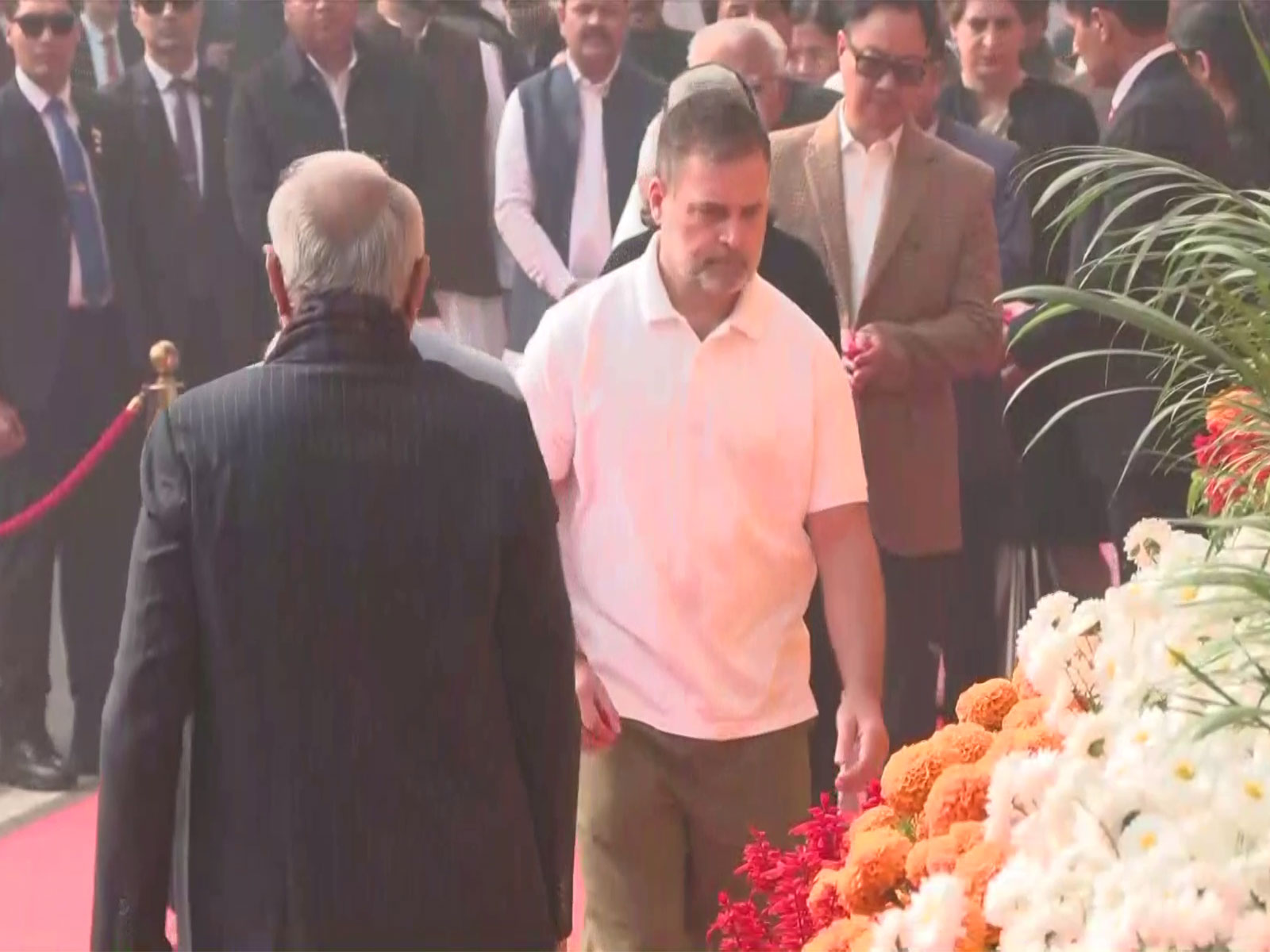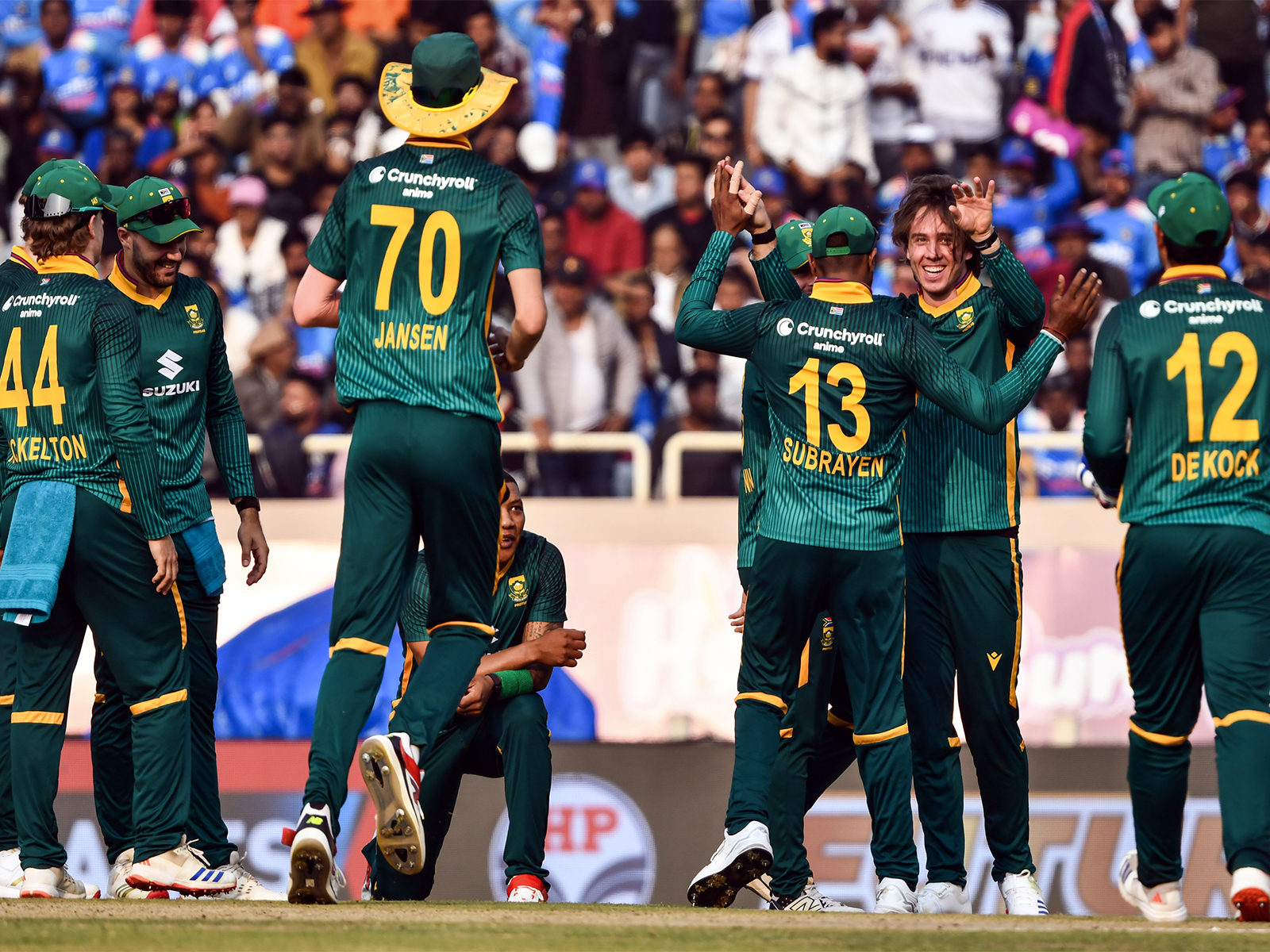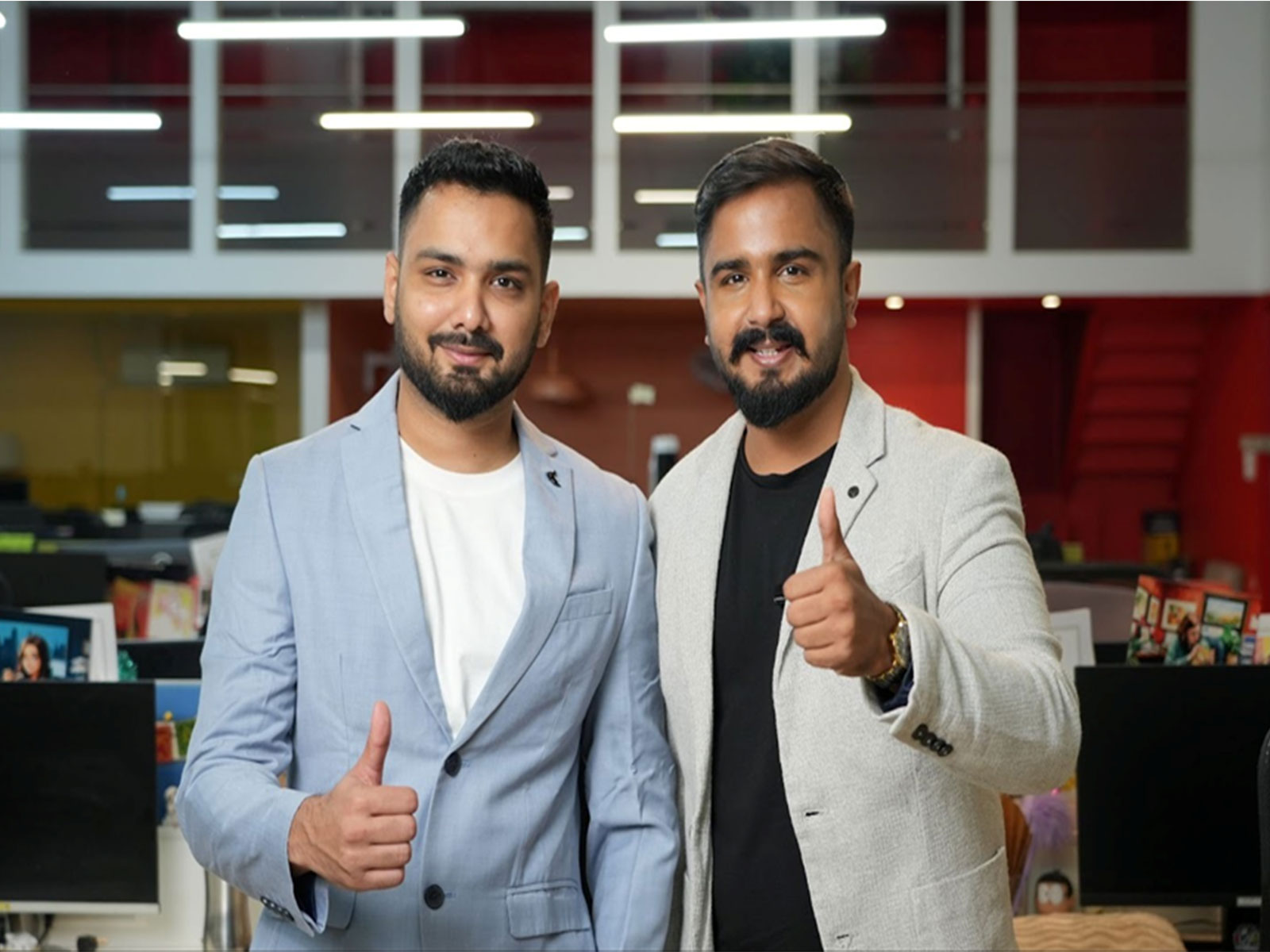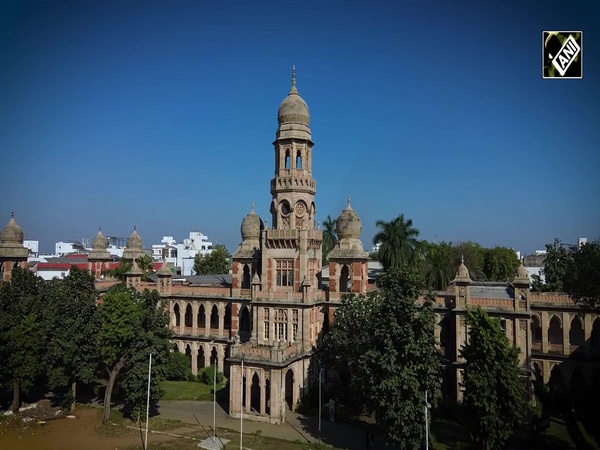"Discussions focused on furthering growth, ensuring effective governance": PM Modi chairs National Conference of Chief Secretaries
Dec 15, 2024

New Delhi [India], December 15 : Prime Minister Narendra Modi attended the Chief Secretaries' Conference on Sunday, emphasising discussions centred on advancing growth, ensuring effective governance, and improving service delivery to citizens.
In a post on X, PM Modi highlighted the focus on boosting infrastructure and leveraging technology for better governance.
"Attended the Chief Secretaries' Conference, a vital platform for collaboration between the Centre and states to boost good governance. Discussions focused on furthering growth, ensuring effective governance, and enhancing service delivery to citizens. We also explored ways to boost infrastructure and leverage technology for better governance," the Prime Minister wrote.
PM Modi addressed the 4th National Conference of Chief Secretaries in Delhi earlier today. The three-day conference was held in Delhi from 13 to 15 December 2024.
The Prime Minister remarked that the primary benefit of this conference was Team India coming together with an open mind to discuss and work towards building a developed Bharat (Viksit Bharat), according to a press release.
He also emphasised that Pro-People, Pro-Active Good Governance (P2G2) is central to achieving the vision of Viksit Bharat.
The conference included discussions under the overarching theme of "Promoting Entrepreneurship, Employment and Skilling - Leveraging the Demographic Dividend."
The Prime Minister appreciated the rise of start-ups, particularly in Tier 2 and Tier 3 cities, and urged states to encourage such innovations. He called for providing conducive environments for start-ups to flourish by identifying suitable locations, connecting them with the banking system, providing logistical support, and facilitating their growth.
PM Modi also urged states to simplify compliance processes, which often lead to harassment of citizens. He stressed the need to reform governance models to encourage citizen participation (Jan Bhagidari) and highlighted the importance of informing people about government initiatives while focusing on reform, performance, and transformation.
On the topic of a circular economy, PM Modi praised the GOBARdhan initiative for transforming waste into wealth, turning aged cattle into assets rather than liabilities. He directed states to explore Viability Gap Funding for e-waste recycling, an essential step in reducing dependence on imports in a technology-driven society.
In the health sector, the Prime Minister stressed tackling obesity under the Fit India Movement, noting that only a fit and healthy nation can achieve Viksit Bharat. He also reiterated the goal of making Bharat TB-free by 2025, acknowledging the pivotal role of ASHA and Anganwadi workers in achieving this target.
The Prime Minister called for digitising Bharat's ancient manuscripts, describing them as national treasures, and urged states to take initiatives in this direction. He highlighted PM GatiShakti as a key enabler of good governance and recommended regular updates to include indicators for environmental impacts and disaster-prone areas.
Regarding the Aspirational Districts and Blocks Programme, PM Modi noted that competent officers in these regions could drive transformative changes and bring significant socio-economic benefits.
The Prime Minister also underlined the importance of developing cities as centres of economic growth through human resource development and urban governance specialisation. He called for institutions focused on urban planning, water, and environmental management and stressed the need for urban accommodation to boost productivity in new industrial hubs.
Paying tribute to Sardar Vallabhbhai Patel on his death anniversary, PM Modi described him as an inspiration for all civil servants. He urged participants to work towards achieving Patel's dream of a united and developed India during the celebrations of his 150th birth anniversary.
To make every Indian an active participant in achieving Viksit Bharat, the Prime Minister invoked the spirit of the freedom movement, where people from all walks of life united despite differing circumstances and ideologies. He compared this to the goal of Viksit Bharat by 2047, asserting that such a collective effort would ensure its realisation.
The three-day conference emphasised special themes, including manufacturing, services, rural non-farm sectors, urban development, renewable energy, and the circular economy.
According to the Prime Minister's Office, the sessions deliberated on collaborative actions to promote entrepreneurship, enhance skilling initiatives, and create sustainable employment opportunities. These efforts aim to transition India from a middle-income to a high-income country, with women-led development forming the foundation.
The conference also discussed harnessing the potential of India's service sector, particularly in smaller cities, through policy interventions, infrastructure development, skill enhancement, and creating a business-friendly environment. In the rural non-farm sector, there was a focus on promoting rural entrepreneurship and encouraging the participation of women and marginalised groups through special incentives.
The PRAGATI platform was also deliberated upon, with its ultimate goal being to drive systemic changes and accelerate infrastructure project completion through rigorous reviews.
A special session on Frontier Technologies explored how the convergence of various fields could provide solutions to global challenges and position India as a leader in inclusive and sustainable growth. Another session on Mission Karmayogi focused on democratising learning and citizen-centric programmes to strengthen the capacity-building ecosystem.
The conference was attended by Chief Secretaries, senior officials from all states and union territories, domain experts, and senior central government officers.
